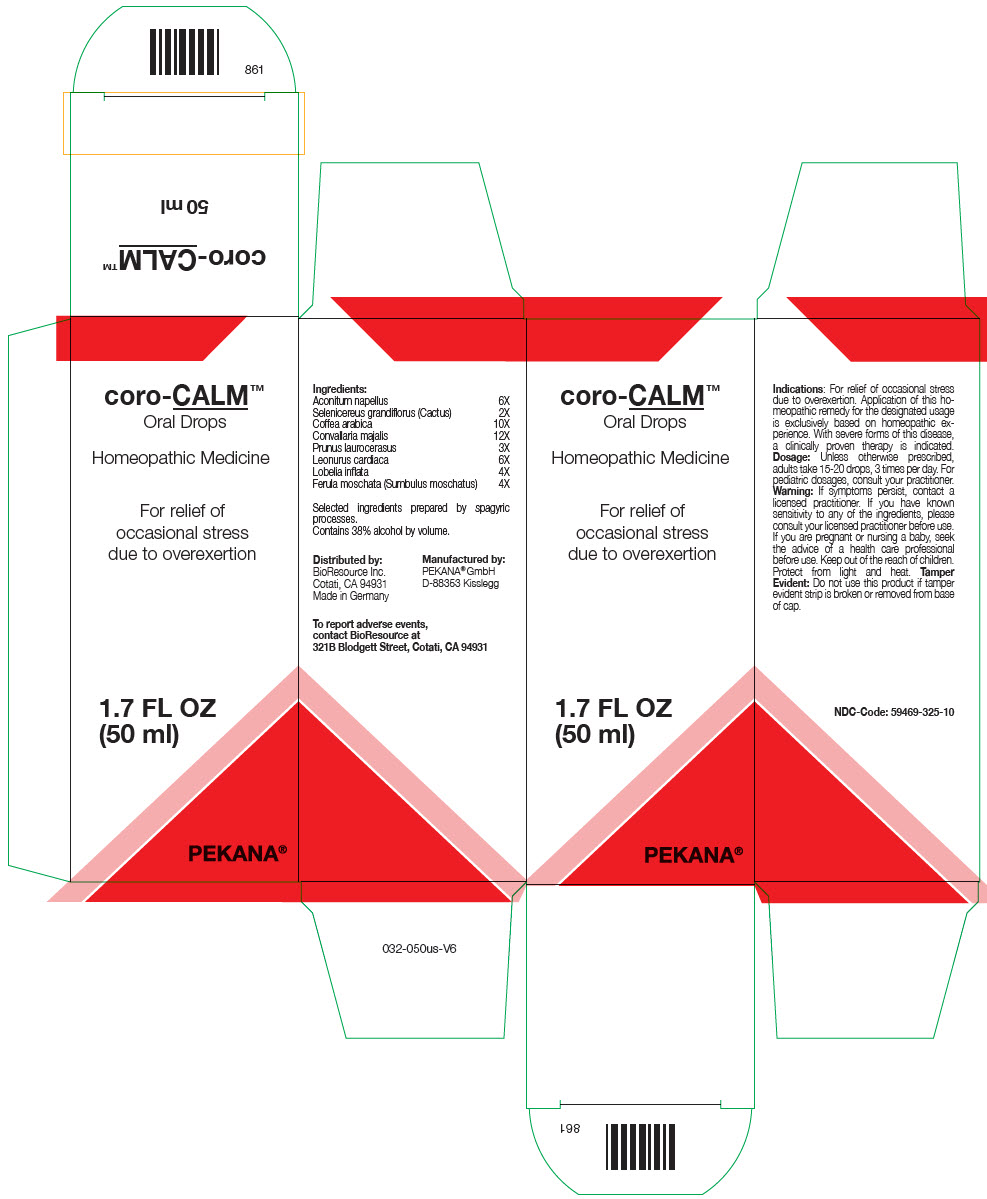Coro-calm while Breastfeeding

What is Coro-calm used for?
Purpose: For relief of occasional stress due to overexertion. Application of this homeopathic remedy for the designated usage is exclusively based on homeopathic experience. With severe forms of this disease, a clinically proven therapy is indicated.
Is Coro-calm usage safe while breastfeeding? If a lactating mother is using it can there be any effect on growth or development of infant?

Coro-calm Breastfeeding Analsys
Aconitum napellus while Breastfeeding
SafeThe flowers and roots and leaves of this herbaceous plant are used. It contains sesquiterpene lactones, essential oil, flavonoids and traces of pyrrolizidine alkaloids. Topical use on whole skin. Indications in traditional medicine without evidence of its effectiveness: topical anti-inflammatory in bruises, sprains and localized muscle pain (EMA 2014). Do not apply to damaged skin It is very toxic orally (Anderson 2017), having described gastroenteritis, cardiac arrhythmia, neurological problems and death (WHO 2007 p.77, nal 2001) in people who took it and a case of severe hemolytic anemia in 9-day-old newborn whose mother was taking arnica infusion (Miller 2009). At the date of the last update, we did not find published data on its excretion in breast milk. The small dose and poor plasma absorption of most topical dermatological preparations make it unlikely that a significant amount will pass into breast milk. Do not apply on the breast so that the infant does not ingest it, or in large areas or for prolonged periods to avoid systemic absorption. Hands should be washed after applying arnica to avoid possible contact with the infants mouth.
Arabica coffee bean while Breastfeeding
Low RiskCAS Number: 84650-00-0
Infant intake after usual daily consumption of the mother is lower than usual recommended dose for neonatal apnea treatment. Elimination-time period may last from few hours in adults, to 3-4 days in the newborn infant. At higher dose (more than 300 mg per day) caffeine may induce irritability, tremor and insomnia in the infant. However, some infants may develop irritability at a lower dose; in those cases the mother should decide appropriate coffee intake. Some studies have failed to show harmful effect among infants whose mothers were strong coffee consumers even during pregnancy. Daily intake as high as 1 liter or more has been associated to anemia and iron deficiency in mothers and breastfed infants. Also, has been related to the Raynaud's phenomenon in the nipple of nursing women. Mean Caffeine content: 1 coffee cup: 100 mg, 1 black tea cup: 80 mg, 1 green tea cup: 50 mg, 1 liter of cola & soda and energizers beverages 100 to 340 mg. See also Caffeine as medication. The American Academy of Pediatrics rates it compatible with breastfeeding.
What if I already have used Coro-calm?
Due to high dilution of ingredients in homeopathic medicines they do not create much problem for baby. Coro-calm is a homeopathic medicine and if your baby does not have any abnormal symptoms then there is nothing to worry about. Be careful with too much usage of ethanol based homeopathic medicines during breastfeeding.
I am nursing mother and my doctor has suggested me to use Coro-calm, is it safe?
Homeopathic medicines are usually safe in breastfeeding and if Coro-calm has been recommended by doctor then there should be no concern about its usage in breastfeeding.
If I am using Coro-calm, will my baby need extra monitoring?
Not exactly.
Who can I talk to if I have questions about usage of Coro-calm in breastfeeding?
US
National Womens Health and Breastfeeding Helpline: 800-994-9662 (TDD 888-220-5446) 9 a.m. and 6 p.m. ET, Monday through Friday
UK
National Breastfeeding Helpline: 0300-100-0212 9.30am to 9.30pm, daily
Association of Breastfeeding Mothers: 0300-330-5453
La Leche League: 0345-120-2918
The Breastfeeding Network supporter line in Bengali and Sylheti: 0300-456-2421
National Childbirth Trust (NCT): 0300-330-0700
Australia
National Breastfeeding Helpline: 1800-686-268 24 hours a day, 7 days a week
Canada
Telehealth Ontario for breastfeeding: 1-866-797-0000 24 hours a day, 7 days a week
